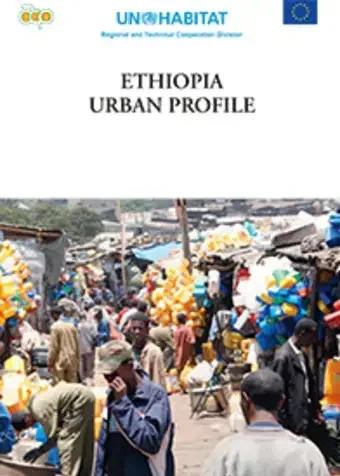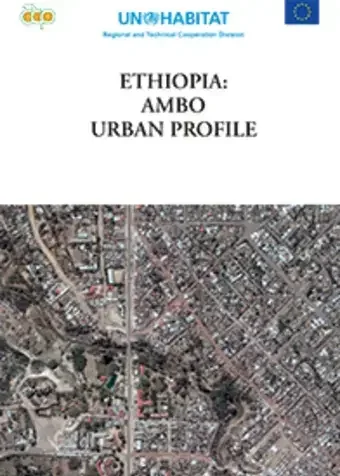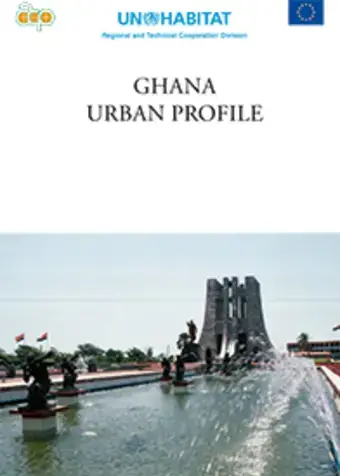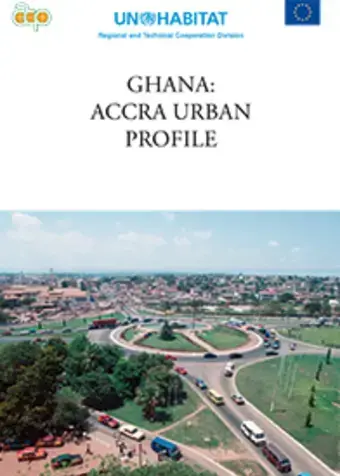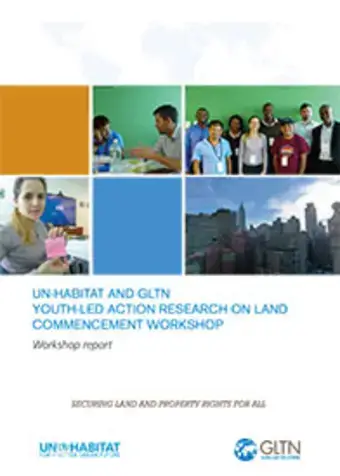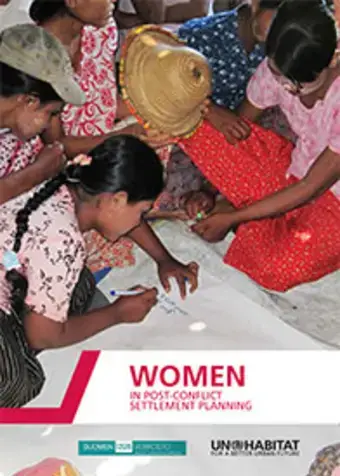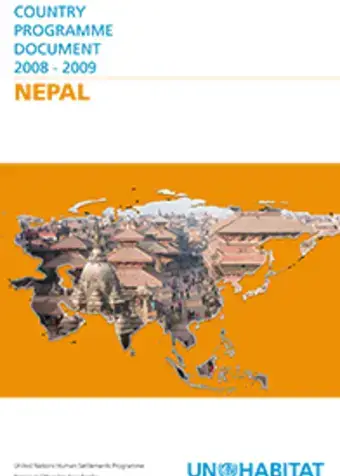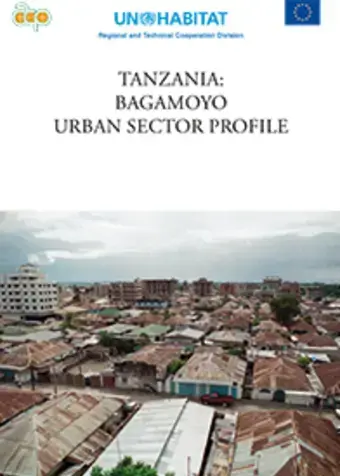LSE Cities, working in partnership with UN Habitat and United Cities and Local Governments (UCLG), is inviting local government administrations to contribute to a study on ‘Governing Urban Futures’ by taking part in a short [20 min] online survey that will cover the following thematic areas: Political power, budget & financing, multi-level governance, participation & accountability, continuity & strategic planning.
The survey and its underlying research has three main objectives:
